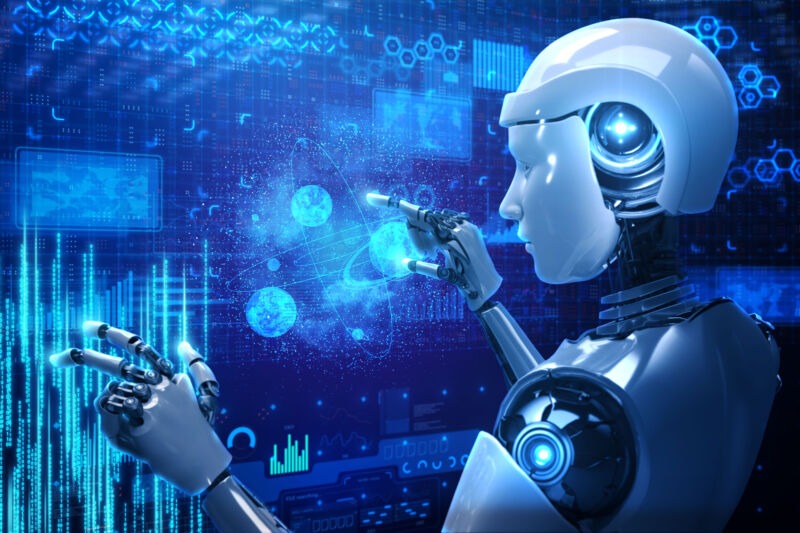Artificial intelligence radically transforms industries across sectors, and gaming proved no exception as studios increasingly embrace generative AI assisting creative functions like writing, art, sound and testing automation.
However, a recent survey by Game Developer revealed worrying ethical divisions remain around adopting these exponentially advancing algorithms influencing playable experiences.
Today we examine the promise versus perils monumental divide regarding AI’s growing infiltration into the gaming sector and what it signals about technology morality grappling with next-generation innovation generally.
Practical AI Applications Appeal
Let’s first unpack why roughly half of game developers now utilize AI tools improving workflows.
Key applications aid repetitive tasks, accelerate content volume production, and even ideate creative directions developers may overlook alone. This means:
- Automating time-intensive processes like dialogue writing, asset generation
- Rapidly iterating playable prototypes using AI-generated templates
- Producing more variations of game elements like character skins to enrich variety
Pair the enormous efficiency and scaling benefits with increasingly approachable implementation and concerns around displacing human jobs or creativity seem almost secondary.
The Allure of Endless Idea Generation
Moreover, few creative teams dislike sourcing external inspiration rethinking concepts assumed conventionally entrenched. AI systems offer fountains fresh direction by churning combinations beyond the status quo.
This promises previously unconsidered gameplay formats, narrative arcs, soundscapes, and visual styles pushing gaming’s creative envelope. What developer refuses ideas sparking next iconic franchise evolutions?
An Ethical Reckoning Emerges
Contrast that enticing productivity hype against ethical apprehensions infecting roughly 4 out of 5 developers in the survey. Top concerns centered job impacts, algorithmic biases, and creative monopolization.
Specifically, unrest manifests around AI:
- Automating creative and QA roles into redundancy
- Reinforcing societal prejudices around race, gender, culture if poorly engineered
- Homogenizing gaming experiences if a few AI tools dominate the market
These drawbacks provoke justified caution around unfettered AI proliferation absent ethical guardrails in gaming and tech generally.
Establishing AI Guiding Principles
We seemingly stand at an inflection where gaming AI adoption splits between creators hypnotized by exponential efficiency against conscientious observers risk losing humanistic qualities in software. Ethical lines blur alarmingly fast.
Rather than outright tech rejection or unchecked exponential adoption, studios must discover middle paths forward. Here are four steps we recommend:
- Transparently declare AI usage rather than masking it
- Prioritize ethical AI through unbiased data inputs and interfaces
- Continuously involve human creativity directing AI tools
- Proactively monitor workforce impacts as workflows evolve via automation
Get those foundations right nurturing responsible gaming innovation and tremendous possibility unlocks increasing access, engagement, and connection through interactive entertainment unfathomable today.
The Future Remains Unwritten
Gaming stands poised transforming player experiences, industry economics, and creative possibility equations thanks rising algorithmic intelligence. But without diligence nurturing ethical considerations simultaneously, the slightest insensitive miscalculations around bias or job displacement risk community trust and regulatory scrutiny.
Tremendous opportunity awaits embracing AI’s gaming promise and peril alike with nuance and care. Players, programmers and policymakers collectively must guide this unprecedented frontier in thoughtful equilibrium benefiting all participants to unlock amazing potential still mainly untouched.










Add Comment